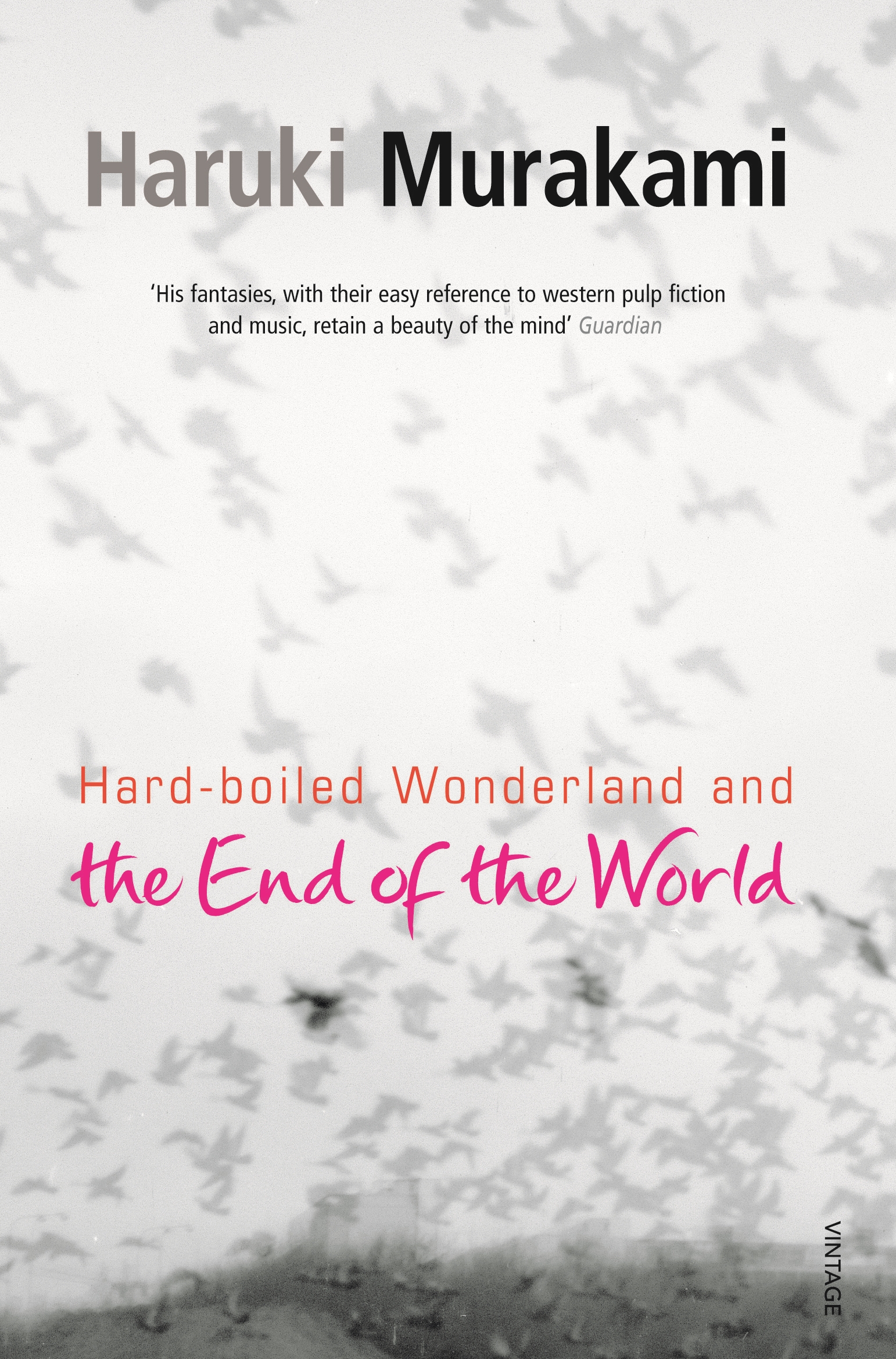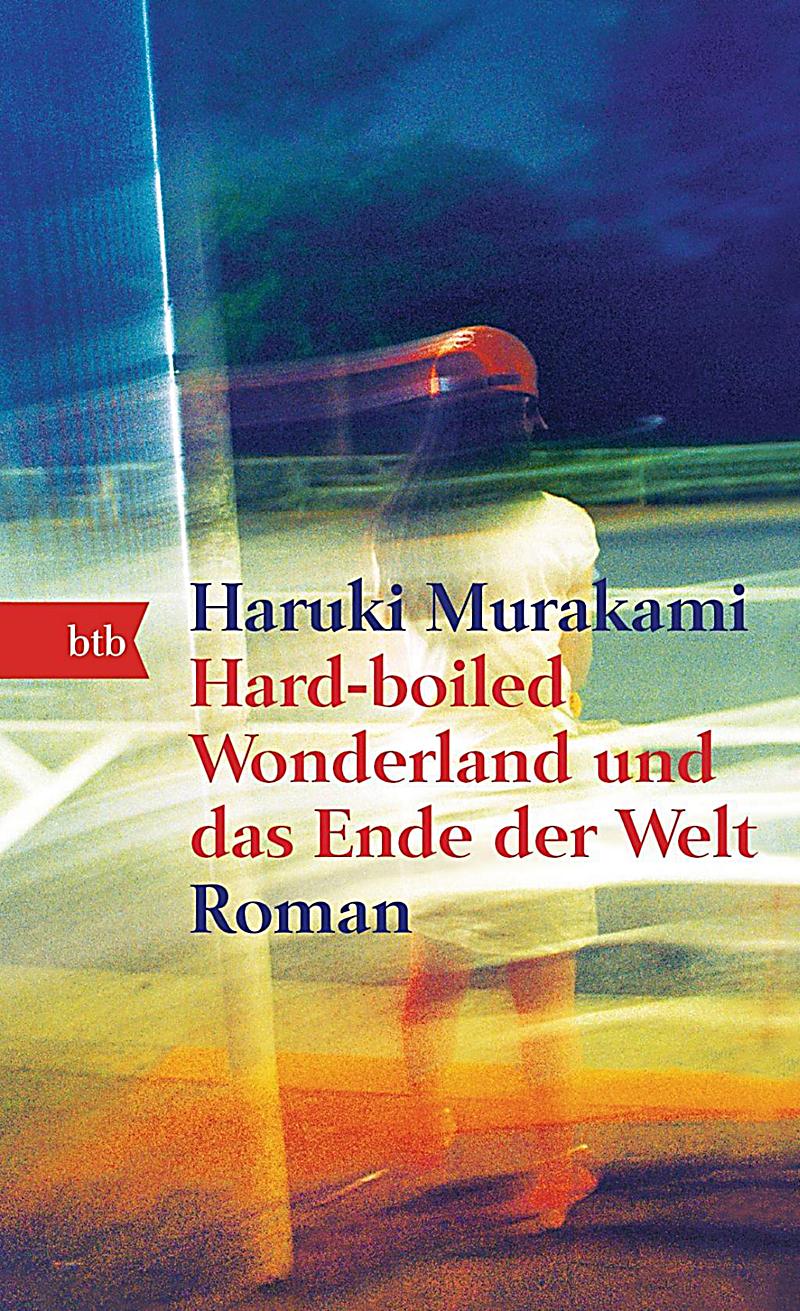

If 0.50000's your exact middle on the toothpick, then 0.3333's got t'be a third of the way from the tip. Next, you engrave a mark at exactly that point along the toothpick.

So now you've got a very long sub-decimal fraction.


Then after you've lined them all up, you put a decimal point before the whole lot. 00 is a blank, A is 01, B is 02, and so on. You assign everything a two-digit number, periods and commas included. "You take your information, your encyclopedia text, and you transpose it into numerics. The idea is t'engrave the entire encyclopedia onto a single toothpick. "The encyclopedia wand's a theoretical puzzle, like Zeno's paradox. Here's Murakami's version, in Hard-Boiled Wonderland and the End of the World: Oh yes, that was a Zeno's Paradox reference. Of course that review would have to be translated into English, and something would be lost in the translation, and so the arrow will never reach the wall. I'd really like to see an in-depth review of Haruki Murakami's writing style and themes in Japanese by a Japanese critic. It takes money, yes, but you also need a vision of the superior sofa. Procuring a good sofa, on the other hand, requires style and experience and philosophy. If you have the money, you can buy it, anyone can buy it. An expensive automobile may be well worth its price, but it's only an expensive automobile. “There are people who drive luxury cars, but have only second- or third-rate sofas in their homes. Certainly there is something lost in any translation, but Japanese literature gives me that "Something got lost there" feeling more than most. It's evident in everything from the way sentences are constructed to the way thoughts flow together and the details an author focuses on that the impression a Japanese reader is getting is probably very different from what we're getting in English. It's only my impression, but I generally get the feeling that Japanese fiction suffers more than most in translation. Told in alternate chapters, the two stories converge and combine to create a novel that is surreal, beautiful, thrilling and extraordinary. But there is something eerily disquieting about the changeless nature of the town and its fable-like inhabitants. In the End of the World a new arrival is learning his role as dream-reader. A specialist encrypter is attacked by thugs with orders from an unknown source, is chased by invisible predators, and dates an insatiably hungry librarian who never puts on weight. Information is everything in Hard-boiled Wonderland.


 0 kommentar(er)
0 kommentar(er)
